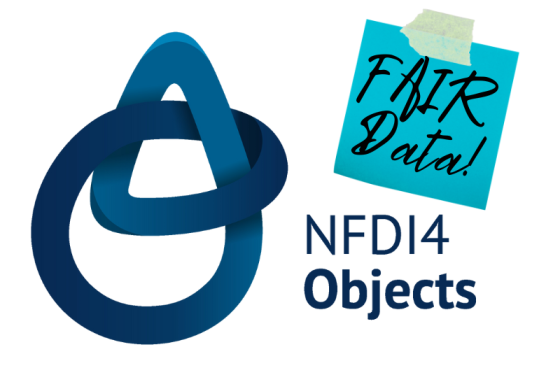
Experimental archaeology has become a well-established methodological approach in the fields of archaeology, history, and cultural heritage. However, as with any method, there are of course always issues or complications that crop up no matter where in the world you are, what approach you are taking, or what material or time period you are investigating. One such issue is how can we make experimental archaeology compatible with the concept of FAIR data (Findable, Accessible, Interoperable, Reusable)? This is something that NFDI4Objects is trying to tackle!
NDFI4Objects a multidisciplinary consortium within the German National Research Data Infrastructure (NFDI). The consortium was created in a bottom-up process and is aimed at researchers, practitioners and students whose interests focus on the material heritage of around three million years of human and environmental history and addresses the challenges of modern research data infrastructures. It includes seven task areas, one of which (task area 3) focuses on "Analytics and Experiments" and includes a community cluster looking specifically at experimental archaeology.
The Community Cluster offers a discussion forum for the heterogeneous Experimental Archaeology community -from professional scientists (e.g., larger international associations like EXAR and EXARC) to interested laypeople (Citizen Scientists). This allows discussions about interoperability standards and the application of FAIR principles to collected research data, such as community standards, ontologies, controlled vocabularies, and exchange formats. The focus is particularly on RDM-related discussions about the FAIR and understandable machine-readable publication of research data related to Experimental Archaeology (hypothesis testing, experimental design and reporting, etc.), as well as the publication of white and blue papers on ontologies and good/best practices.
In order for all of this to work, the community cluster needs input from as large and diverse a group as possible. No matter whether you work in academic research, re-enactment, independent experimentation, living history, or anything related, we encourage you to join the community cluster and help us to make experimental archaeology FAIR! You can find all information related to the consortium through the links below, and subscribe to the community cluster mailing list.
